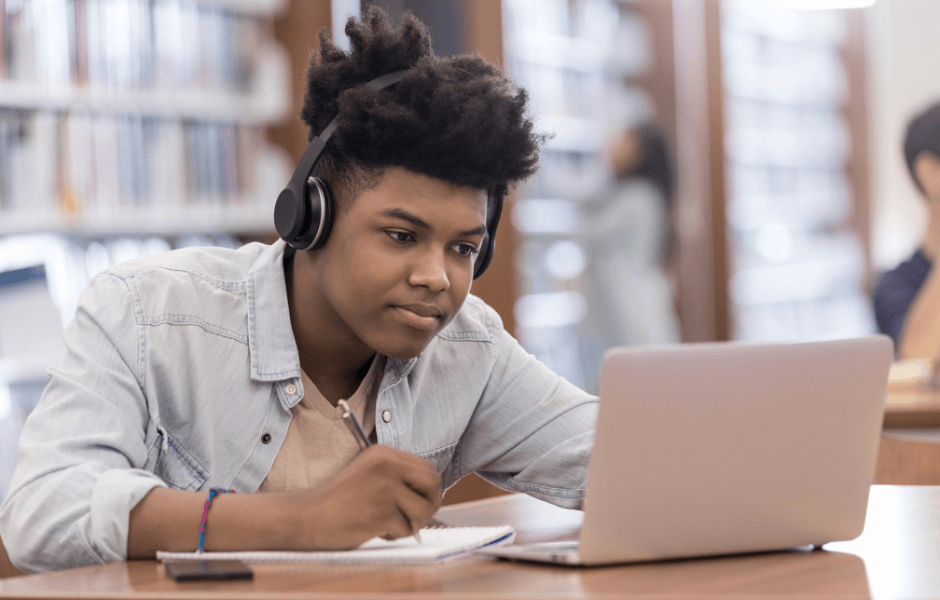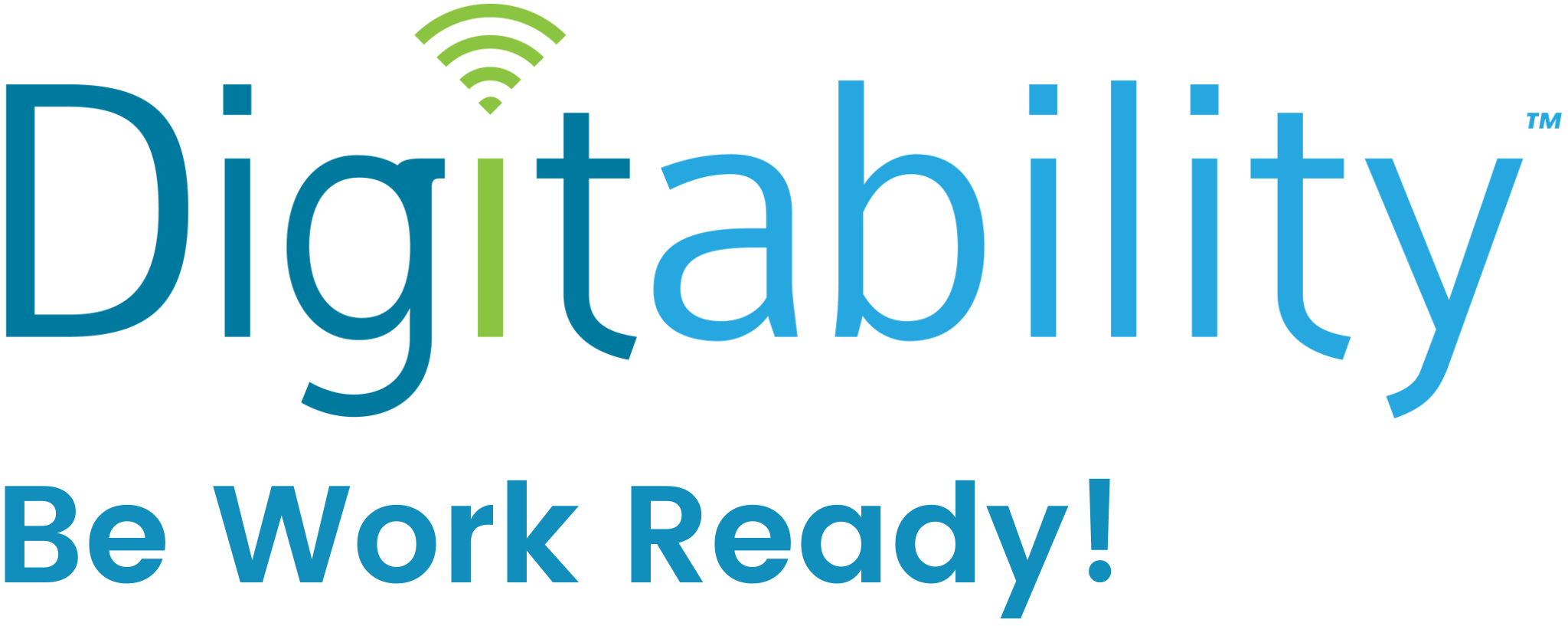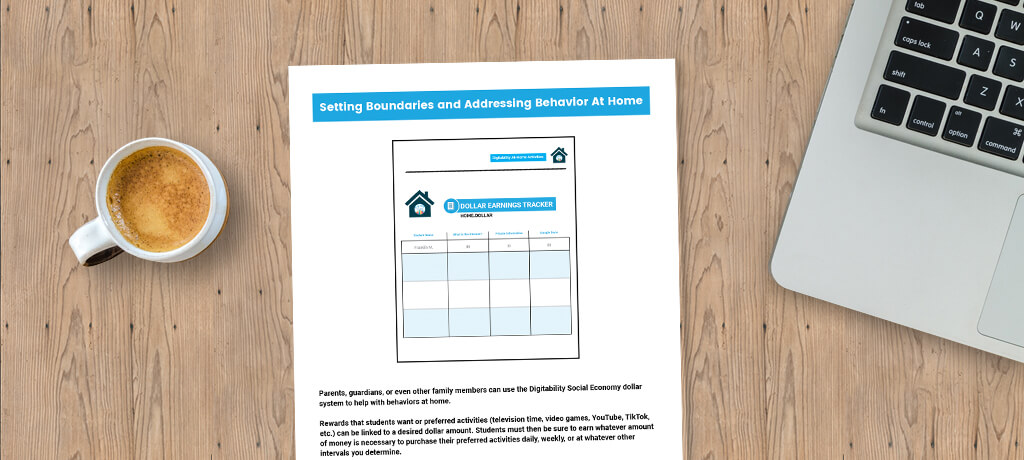Supporting Students at Home
8 Ideas to Practice Essential Skills for Students with Autism on Summer Break

Written by Rebekah Poe, M.Ed., an award-winning former special education teacher and national teaching conference presenter from Alabama.
Summer break offers a valuable opportunity for students with autism to engage in activities that promote the development of essential skills in a relaxed and supportive environment. By focusing on structured and enjoyable tasks, individuals on the autism spectrum can continue to grow and thrive during their time away from school. IKeep reading to explore a range of ideas for students with autism to practice essential skills while at home during the summer- fostering their independence, creativity, and overall well-being.
Establish a Daily Routine:
A structured routine provides a sense of predictability and stability for individuals with autism. Collaborate with your child to create a visual schedule that outlines their daily activities. Incorporate various activities such as self-care, chores, leisure time, and educational pursuits. Having a consistent routine helps reduce anxiety and aids in transitioning between tasks smoothly.
Get Your FREE Quote Today!
Engage in Sensory Activities:
Sensory play is crucial for individuals on the autism spectrum, as it promotes sensory integration and regulation. Set up a sensory corner at home, featuring activities such as kinetic sand, water play, textured objects, or calming sensory bins. Encourage your child to explore and engage with these materials, promoting sensory engagement and self-regulation.
Encourage Independent Living Skills:
Use the summer break as an opportunity to enhance independent living skills. Teach essential self-care routines, such as dressing, bathing, and grooming, focusing on breaking down each task into smaller, manageable steps. Cooking simple meals or snacks together can also help develop practical skills while fostering creativity in the kitchen.

Explore Social Skills:
Practice social skills within the comfort of your home by engaging in activities that encourage communication, turn-taking, and empathy. Set up outings or get togethers with peers or siblings, engage in board games, or facilitate imaginative play scenarios. Encourage the use of visual supports, such as social stories or visual schedules, to facilitate understanding and engagement.

Embrace Technology:
Utilize technology to enhance learning and skill development. There are numerous educational apps, websites, and online resources specifically designed for individuals with autism. From interactive games targeting language and math skills to virtual reality experiences promoting sensory exploration, technology can be an engaging and effective tool for learning and skill building.
Engage in Artistic Expression:
Art and creativity can provide an outlet for self-expression and emotional well-being. Encourage your child to engage in various art forms, such as painting, drawing, sculpture, or crafting. Artistic activities can enhance fine motor skills, promote self-confidence, and allow individuals with autism to communicate and express themselves in unique ways.
Foster Physical Activity:
Physical activity is essential for overall well-being and can positively impact individuals with autism. Encourage outdoor play, bike riding, or swimming to promote gross motor skills and provide sensory input. Consider yoga or dance routines designed for children with autism, as these activities combine movement and mindfulness, fostering a sense of calm and body awareness.
Practice Time Management:
Help your child develop time management skills by incorporating visual timers and schedules. Set specific goals and allocate time slots for different activities. This practice not only enhances organizational skills but also aids in transitions and fosters a sense of responsibility and independence. You can also encourage your student to set boundaries for the amount of time they are spending on certain activities, such as screen time. Download our FREE Setting Boundaries Activity here.
With a thoughtful and structured approach, students with autism can continue to develop essential skills during the summer break. By implementing activities that focus on routine, sensory engagement, independent living, social interaction, technology, art, physical activity, and time management, we can provide them with a supportive and enriching environment. Remember, every child is unique, so tailor these ideas to suit your child's specific needs and interests. Let this summer be a time of growth, exploration, and self-discovery for students with autism, ensuring their journey towards independence and well-being.
About Digitability

